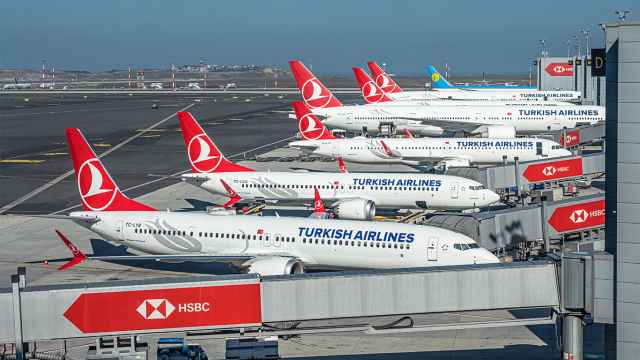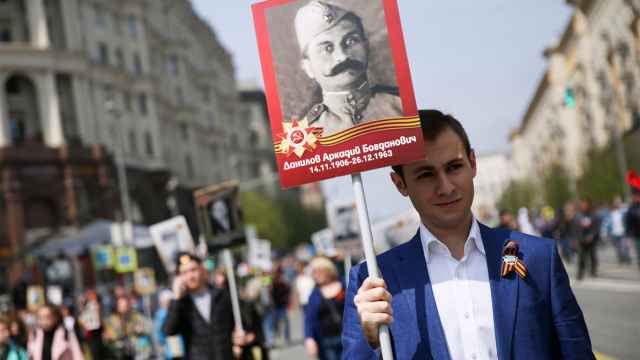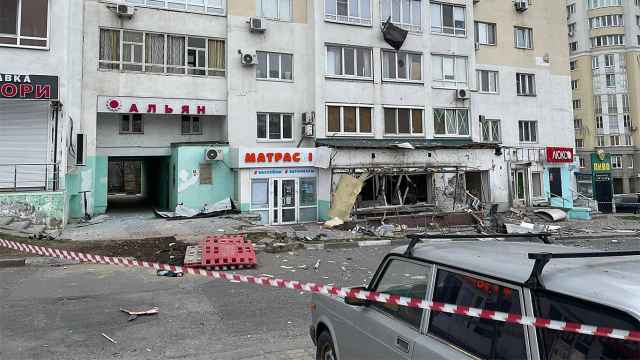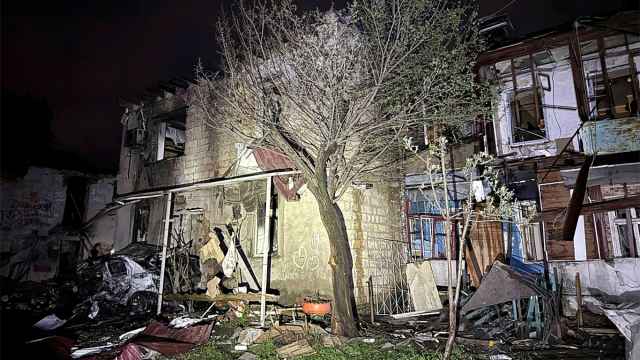The surge in street protests this month was the natural result of widespread discontent that has been building up steam for several years without any outlet. It would have been difficult to predict that the trigger would be the falsified results of the elections for the purely decorative State Duma. These results came as no surprise to the public, but it seems that people were simply looking for a pretext to vent their frustrations.
The Duma elections served only one purpose: to prepare for the presidential election in March, and we all know who the winner will be. That decision is made not by voters but by a select group within the bureaucratic elite. The purpose of presidential elections is only to try to legitimize decisions that rulers have already made and to provide legal validation for a political relationship that already exists.
This month's public protests ruined that scenario. The rapid decline in United Russia's popularity, the growing size and number of popular protests and the complete discrediting of the country's electoral process before the eyes of the world have combined to create a situation in which elections no longer serve their main function — to legitimize the choice of the ruling elite — but instead pose a serious problem for the authorities. Obviously, these elections will never become fair and honest. For one, the current opposition forces are either groups that have splintered off from the ruling party or represent a motley assortment of marginally significant factions of mostly liberals and nationalists. More important, however, the Kremlin-approved, hand-picked running mates will never have a real chance of beating Putin.
Society's rejection of the current authorities, which was made clear by the protests this month, does not necessarily indicate support for the opposition. The agenda offered by the anti-government protest organizers does not fully reflect the reasons for the enormous discontent. Opposition leaders have been hesitant to focus on social issues — even those of concern to their own constituents — to maintain as broad a base of support as possible. At the end of the day, most Russians are more concerned with the condition of their local hospitals than with elections. The Dec. 10 protests drew approximately 250,000 people nationwide. By comparison, as many as 2.5 million pensioners turned out to protest the monetization of social benefits in 2005, despite the January cold.
Russians do want honest elections, but the vast majority will risk the police batons to fight for them only once it becomes clear that such elections would actually improve their quality of life and usher in the welfare state that most desire. But on this question, opposition leaders are not only out of sync with their own supporters, but are actually in the same camp as the ruling regime.
Things are moving toward an impasse because a real triumph of democracy would spell the simultaneous collapse of the ruling party and the opposition. The authorities refuse to publicly back down. Both sides would prefer to reach a quiet agreement between themselves. That is now impossible because Russian politics have gone public and secret collusion between the parties is no longer viable.
In chess, such a situation is called a stalemate. But life is not a game in which the pieces can be cleared from the board and a new match started. That is why there is every reason to expect that the outcome of this crisis will not be free elections, but a new round of a political battle without rules.
Boris Kagarlitsky is director of the Institute of Globalization Studies.





